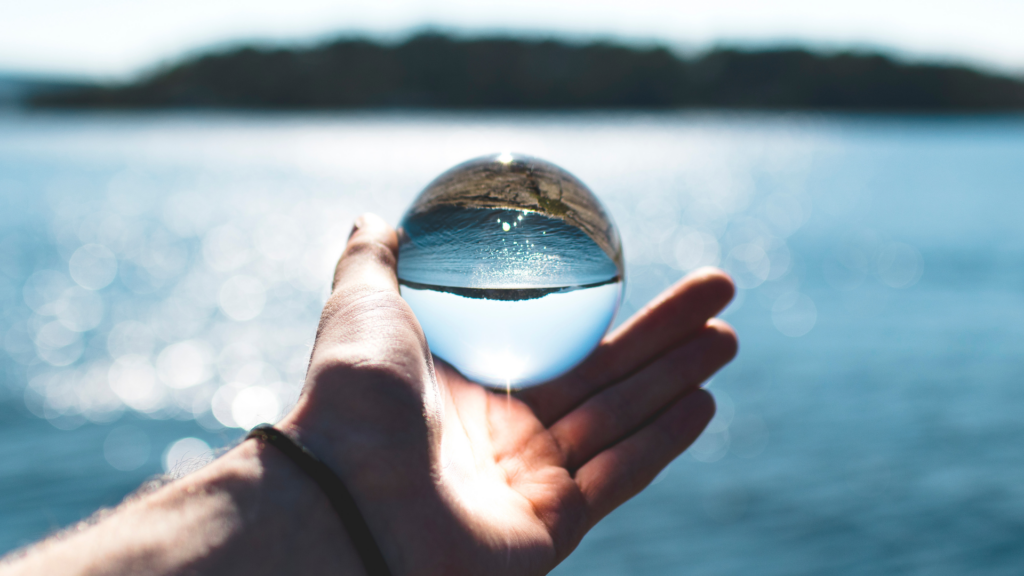
In a world where water conservation is becoming increasingly critical, finding ways to do everyday tasks with minimal water wastage is a responsible and eco-conscious choice. One such daily task is laundry. The traditional washing process can be quite water-intensive, but with the right approach, you can significantly reduce your water consumption. In this article, we will explore how to do laundry without wasting much water, saving both the environment and your money.
Introduction
Laundry is an essential household chore, but it doesn’t have to be water-intensive. By following a few simple steps, you can make your laundry routine more eco-friendly and cost-effective.
The Importance of Water Conservation
Water is a precious resource, and its availability is a growing concern. Conserving water not only benefits the environment but also reduces your utility bills. By minimizing water wastage during laundry, you contribute to the global effort to protect this vital resource.
Pre-Laundry Preparations
Sorting Your Laundry
Before you start your laundry, sort your clothes by color, fabric, and level of dirtiness. This practice allows you to wash similar items together and avoid re-washing due to color bleeding or cross-contamination.
Stain Pre-treatment
Treat stains on your clothes before tossing them in the washing machine. This reduces the need for additional washing cycles, saving water.
Efficient Washing Machines
Load Size Matters
Make the most of your washing machine by running full loads. Washing small loads wastes water and energy. However, avoid overloading the machine, as it can reduce cleaning efficiency.
Choose the Right Cycle
Modern washing machines offer various cycle options. Opt for shorter and more efficient cycles when your clothes aren’t heavily soiled. This conserves water and energy.
Water-Saving Laundry Tips
Reusing Gray Water
Consider reusing grey water from activities like dishwashing or showering to wash your clothes. This reduces the need for fresh water in your laundry process.
Using a High-Efficiency Washer
Invest in a high-efficiency washing machine. These appliances use significantly less water and energy, making them environmentally friendly and cost-effective.
Cold Water Washing
Many clothes can be effectively cleaned in cold water, saving energy required for heating. This small change can make a big difference in reducing water consumption.
Drying Your Clothes
Air Drying
Whenever possible, air-dry your clothes. It’s the most water-efficient drying method, and it also extends the lifespan of your garments.
High-Efficiency Dryers
If you must use a dryer, choose a high-efficiency model that dries clothes faster and uses less energy.
Eco-Friendly Laundry Detergents
Use eco-friendly laundry detergents that are designed to be effective in cold water and with minimal water usage. These detergents are better for the environment and your laundry.
Maintaining Your Washing Machine
Regularly maintain your washing machine to ensure it operates efficiently. This includes cleaning the lint filter, checking for leaks, and addressing any issues promptly.
Conclusion
Laundry doesn’t have to be a water-wasting chore. By following these tips and making environmentally conscious choices, you can reduce your water consumption and contribute to a more sustainable future. So, start your next laundry day with the planet in mind.
FAQs
Q1. How can I make my washing machine more water-efficient?
To make your washing machine more water-efficient, choose a high-efficiency model, run full loads, and use shorter and more efficient washing cycles.
Q2. Can I reuse water from other household activities for laundry?
Yes, you can reuse grey water from dishwashing or showering to wash your clothes, reducing the need for fresh water.
Q3. Are there eco-friendly laundry detergents that work in cold water?
Yes, there are eco-friendly laundry detergents designed to be effective in cold water, saving water and energy.
Q4. Does air-drying clothes save water?
Yes, air-drying is the most water-efficient drying method and also extends the lifespan of your clothes.
Q5. How does water conservation during laundry benefit the environment?
Water conservation during laundry helps reduce water wastage and the energy required for heating water, contributing to a more sustainable and eco-friendly future.
In conclusion, adopting water-saving practices in your laundry routine not only benefits the environment but also your wallet. With a few simple changes, you can contribute to a more sustainable future while enjoying clean and fresh-smelling clothes.




I think the admin of this web site is in fact working hard in support of his site, since here every material is quality based information.